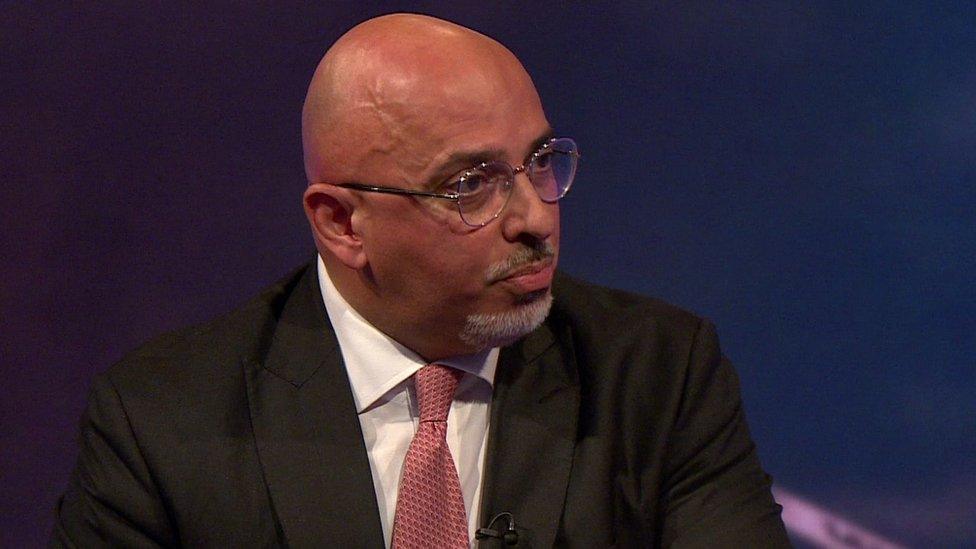'Care crisis': Sent-away children are 'easy victims'
- Published
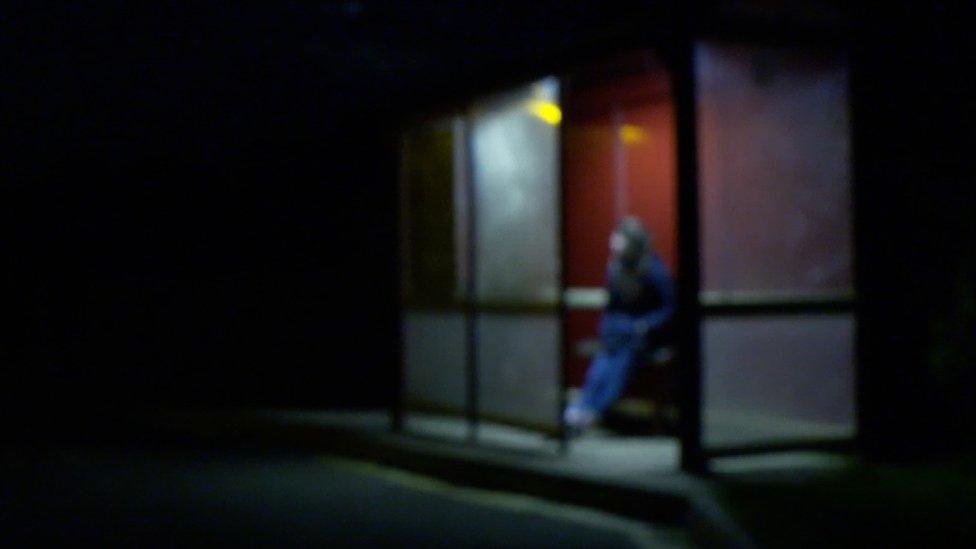
Local authorities are unwittingly becoming "recruiting sergeants" for drugs gangs, by sending thousands of children in care to live outside their home area, according to a report.
These children were "easy victims for predators", Ann Coffey MP told the BBC's Newsnight programme.
She said the government must "slash the number" of sent-away children.
The government said it was gathering evidence "to better understand" how out-of-area placements were used.
The report shows a 77% rise in the number of children in England being placed in care homes outside their home council area - from 2,250 children in 2012 to 3,990 in 2018.
Two-thirds (64%) of children in children's homes and 41% of all looked after children in England live out of area.
In some circumstances, an out-of-area placement will be suitable to ensure a child can be properly safeguarded.
But, according to the report - from the All Party Parliamentary Group (APPG) for Runaway and Missing Children and Adults - children are often sent away "not because it is in their best interests, but because there are no local placements available".
More than 70% of the 41 police forces that responded to the inquiry said placing children out of area increased their risk of exploitation, often resulting in them being coerced into going missing.
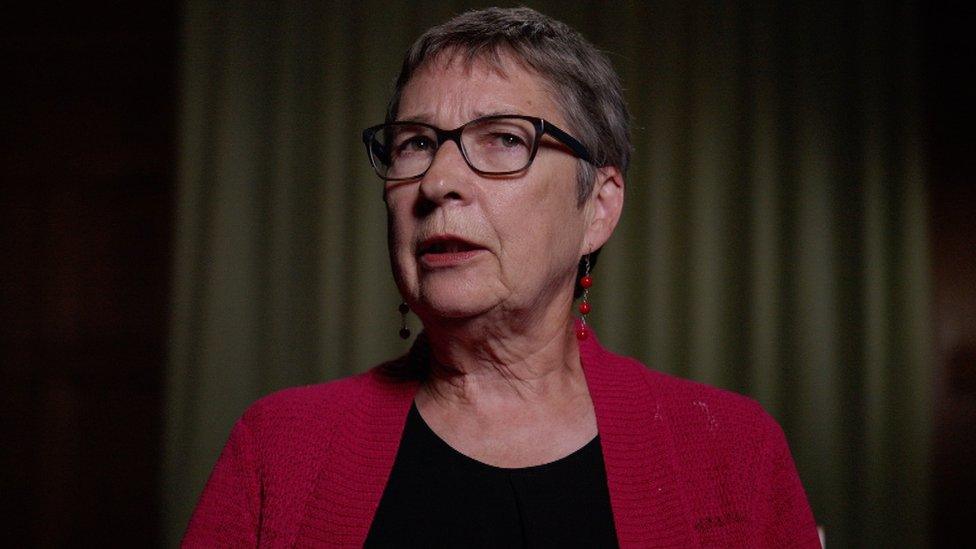
Ann Coffey MP said unregulated accommodation for children aged 16 and over "become magnets for paedophiles and county-lines drugs gangs"
Ms Coffey, who chairs the APPG, told Newsnight vulnerable children were being failed.
"Amid the stories of chronic misery and loneliness, two stand out: one of a boy who attempted to hang himself on Christmas day, and a girl who walked 10 miles to try to get home."
She said isolation made children easier to exploit.
"The risk to these children is being escalated, because of their isolation in a place where they have no friends or associates," she said.
"Local councils are unwittingly acting as recruiting sergeants for criminal gangs who would wish to exploit that child's isolation for criminal purposes."
Her report finds local authorities may be inadvertently opening up new "county-lines" operations because relocating children who have been groomed to sell heroin and crack cocaine can create opportunities for criminals to expand their reach into rural parts of the country.

'It felt I was being punished'
Samantha - not her real name - was sent from the north of England to children's homes in Scotland and Wales aged 14, after being sexually abused.
"It just felt like I was being punished in a way. I had been taken away from my family and put into care and I was now somewhere that I didn't want to be," she told Newsnight.
"Everything I had grown up to know in the 14 years of living in my home area was now gone."
Samantha was moved with the intention of making her safe but the abuse continued.
"I do believe care homes are targeted by paedophiles and groomers because they know, as sad as it is, out-of-area children are the easiest sort of child to go for because they don't have anybody and that's how they get them," she said.

The report also examines "the frightening twilight world" of unregulated semi-independent homes for older children, aged 16 plus.
Newsnight has been investigating this sector, as part of its Britain's Hidden Children's Homes series.
This type of accommodation is not inspected or registered by Ofsted. Local authorities can pay to place children in unregistered accommodation if they deem it is in a child's best interests.
Newsnight found that, according to figures from the Department for Education, about 5,500 looked after children in England were living in this sort of accommodation, up 70% from 2,900 10 years ago.
The report calls for the regulation and inspection of this accommodation and demands an emergency action plan from government to slash the numbers of out-of-area placements, which "do not keep children safe".
The Association of Directors of Children's Services said: "There is a national shortage of foster carers and a growing disconnect between the location of residential children's homes and need."
The government said it was working with the sector and Ofsted "to tackle any issues related to poor practice where it occurs".
"We are also improving how local areas respond when a child in care goes missing and helping local areas tackle the risks vulnerable young people face, like exploitation from 'county-lines' gangs, through our £2m national programme," an official added.
You can watch Newsnight on BBC Two weekdays at 22:30 or on iPlayer, subscribe to the programme on YouTube, external and follow it on Twitter, external.
- Published20 May 2019
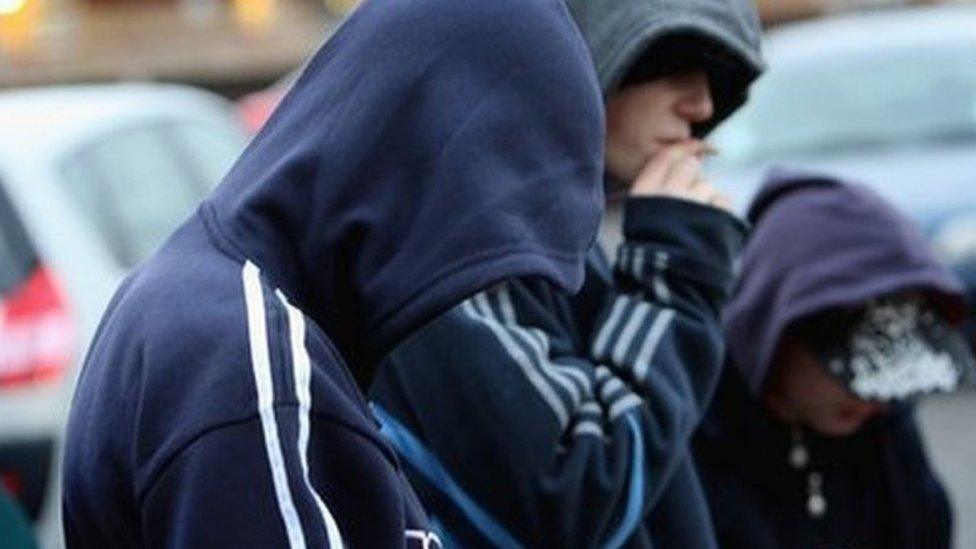
- Published19 July 2019
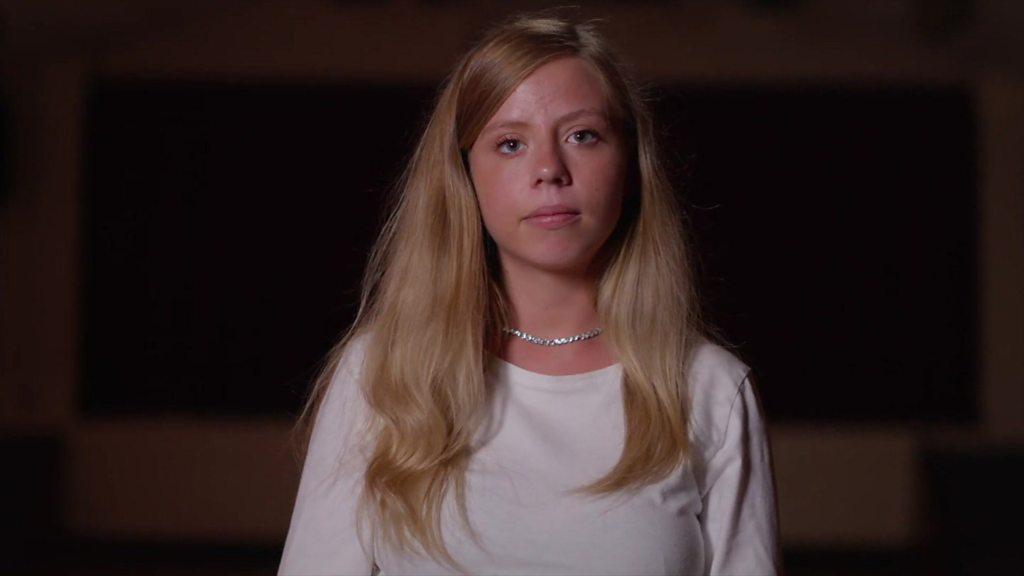
- Published18 July 2019
